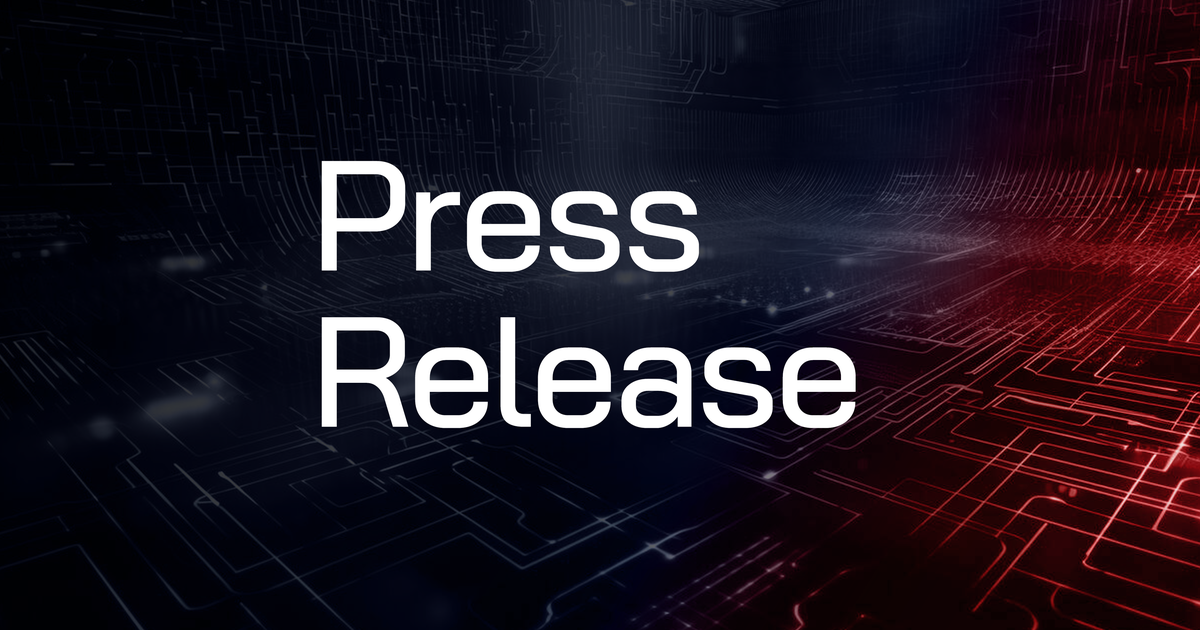
January 30, 2024 at 05:02PM
Cohesity’s research reveals the prevalence of cyberattacks, leading companies to break ‘do not pay’ policies due to data recovery deficiencies. The study of 900+ IT and Security decision-makers shows a grim outlook for cyberattacks, with 79% being victims of ransomware. Companies require over 24 hours for data recovery, leading to ransom payments and a lack of cyber resilience.
Key Takeaways from Meeting Notes:
1. Cyberattacks are forcing companies to pay ransoms and break their ‘do not pay’ policies due to data recovery deficiencies. The majority of companies see cyberattacks as an inevitable reality and expect an increase in threats in 2024 compared to 2023.
2. Companies are facing challenges in cyber resilience and data security strategies, with respondents indicating a lack of confidence in their company’s ability to address escalating cyber challenges and threats.
3. The slow data recovery and lack of cyber resilience are resulting in ransom payments, with the majority of companies willing to pay significant amounts to recover data and restore business processes.
4. There is a need for executive management to be more accountable and aligned in understanding the serious risks and daily challenges of protecting, securing, managing, backing up, and recovering data.
5. Regulations are not driving companies’ cyber resilience and data security best practices. While some respondents indicated government initiatives, legislation, and regulations are driving their data security, management, or data recovery initiatives, a significant portion do not see them as the main drivers.
6. The survey was based on responses from 902 IT and Security decision-makers from businesses in Australia, the United Kingdom, and the United States, predominantly representing the IT & Telecommunications, Finance, Healthcare, HR, and Manufacturing & Utilities industries.
Overall, the meeting notes highlight the urgent need for companies to improve their cyber resilience and data security strategies, align executive management for better accountability, and not solely rely on government initiatives to drive best practices.